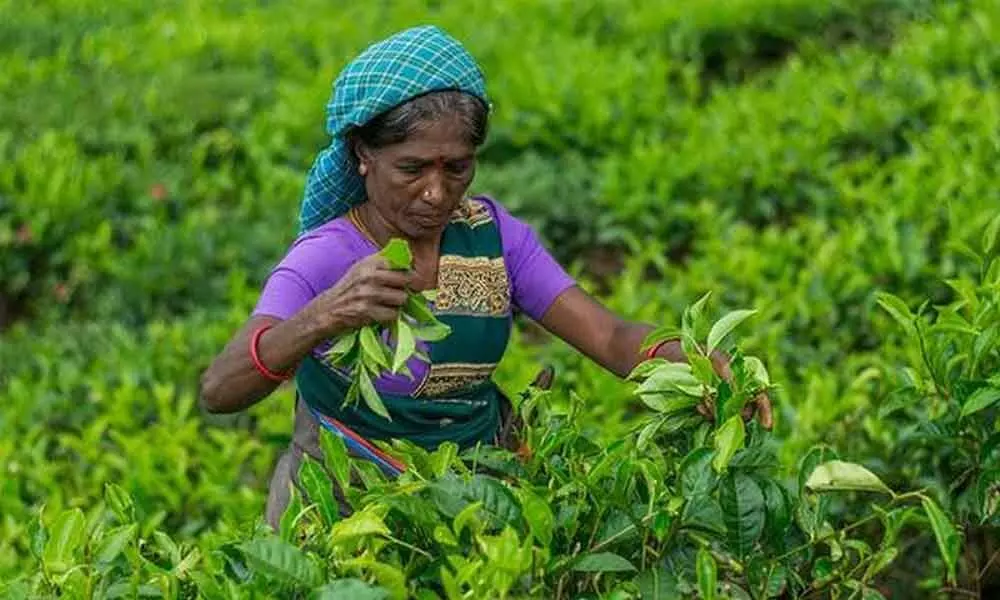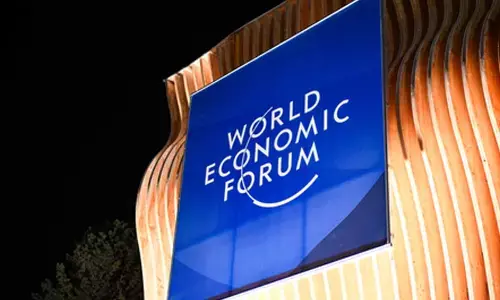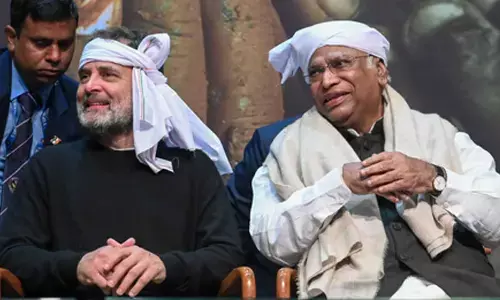Tea exports set for a steady rise

Tea exports set for a steady rise
After onion, potato and sugar, tea seems to have suddenly become a politically sensitive commodity. A couple of days ago, while remotely inaugurating and laying the foundation stones of some projects at a programme in poll-bound Assam's Dhekiajuli, Prime Minister Narendra Modi said that some forces seated abroad were conspiring against India and they were not sparing even the Indian tea.
Without naming the external or overseas forces, Prime Minister went to the extent of saying that the evidence that the government has, suggests the forces are seated abroad, ready to launch an attack on India's tea-based identity.
Interestingly, PM's comment came at a time when the Indian tea industry received some good news from at least one overseas market. Iranian buyers have initiated negotiations with the Indian tea trade to procure whole leaf teas to meet the country's domestic demand.
The Gulf nation, which was severely hit by the pandemic, is ready to pay good prices to the Indian tea exporters and the contracts will be signed by the second week of March when new season teas in small quantities will slowly start arriving in the market. Indian tea exporters are hopeful to achieve exports of nearly 54 million kg to Iran this year, a volume that had been achieved in 2019.
This has to be seen in the light of the fact that in 2020, India produced 1,255.60 million kilograms of tea, down 9.7 per cent from a year ago as floods damaged tea gardens in the north-eastern State of Assam - which accounts for over half of India's production - where output had already been cut by labour movement restrictions to contain the coronavirus outbreak.
Lower output lifted average tea prices in 2020 by 31 per cent from a year ago to a record Rs 184.69 a kg, according to data compiled by the Tea Board. Although, the price rise supported the beleaguered Indian tea industry, which was struggling with rising production costs, it has trimmed exports from the south Asian country.
The development on the Iran front, therefore, has certainly come as a booster. Significantly, Iranians are fond of tea and that country imports high quality tea from India (nearly 65-70 mn kg annually) and Sri Lanka.
Mind you that India's tea exports in the first 11 months of 2020 fell 18.2 per cent from the previous year ago 187.92 million kg, going by the Tea Board of India statistics.
India, the world's second-biggest tea producer, exports CTC (crush-tear-curl) grade mainly to Egypt and Britain, with the orthodox variety shipped to Iraq, Iran and Russia.
Despite the Prime Minister having rung the alarm bell (albeit with a different agenda), Indian tea exporters are quite confident that tea exports are expected to rise as key importing countries are recovering from Covid-19 that limited their purchases last year.
The political fear mongering notwithstanding, when it comes to actual business perspective, there is no reason to press the panic button, as of now.














